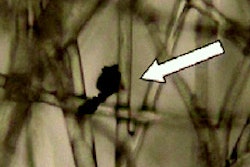The Canadian Nuclear Safety Commission (CNSC) has confirmed that all of the country's major nuclear facilities, including Atomic Energy of Canada's (AECL) Chalk River Laboratories, have fulfilled their requirements and submitted responses on their ability to withstand external hazards, such as seismic activity, floods, and fire.
In addition, CNSC inspectors have conducted inspections of all sites to ensure that all emergency backup systems are in place and functioning.
The agency last month sent out a request for the facilities to assess their readiness in case of disaster in the wake of the earthquake and tsunami in Japan, which severely damaged the nuclear power plant in Fukushima.
In its response to the CNSC directive, AECL proposed actions and completion dates, which include specific attention to external hazards and extreme events, measures for prevention and mitigation of severe accidents, and emergency preparedness.
AECL, which operates the National Research Universal (NRU) nuclear reactor in Chalk River, Ontario, added that discussions have begun "with world industry associations in order to provide short-term assurance that AECL is ready to respond to events that are within and beyond the design basis of its nuclear facilities at Chalk River."
The Chalk River reactor is of particular importance to nuclear medicine facilities because the facility produces more than half of the molybdenum-99 supply in North America.
AECL told CNSC that it will complete all requirements by June 24 and file its report by July 28.




















